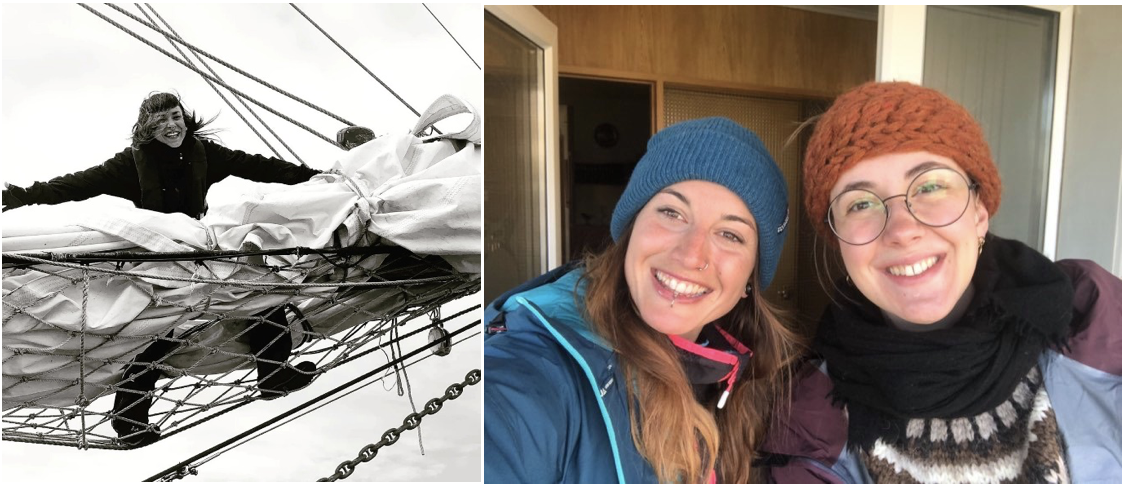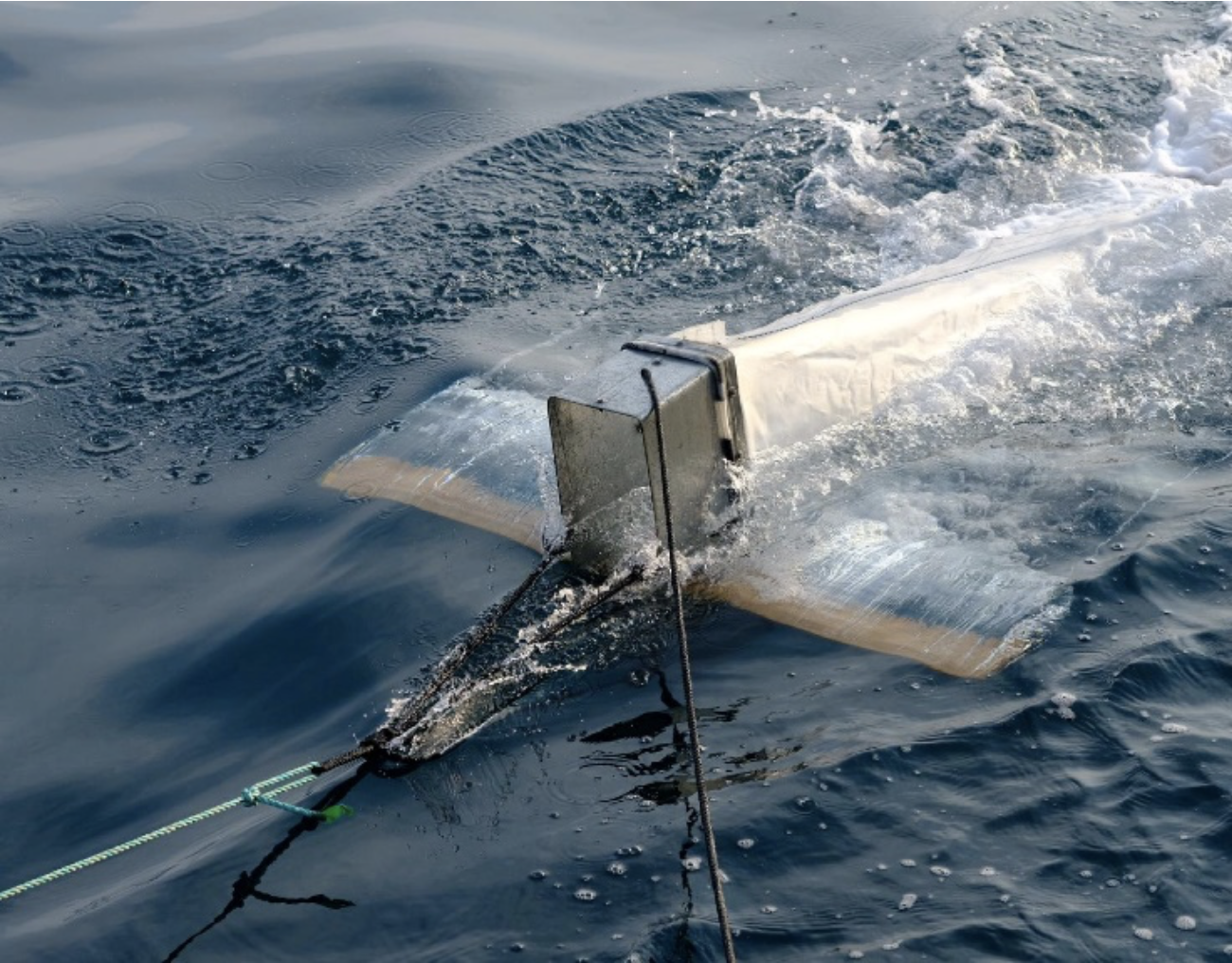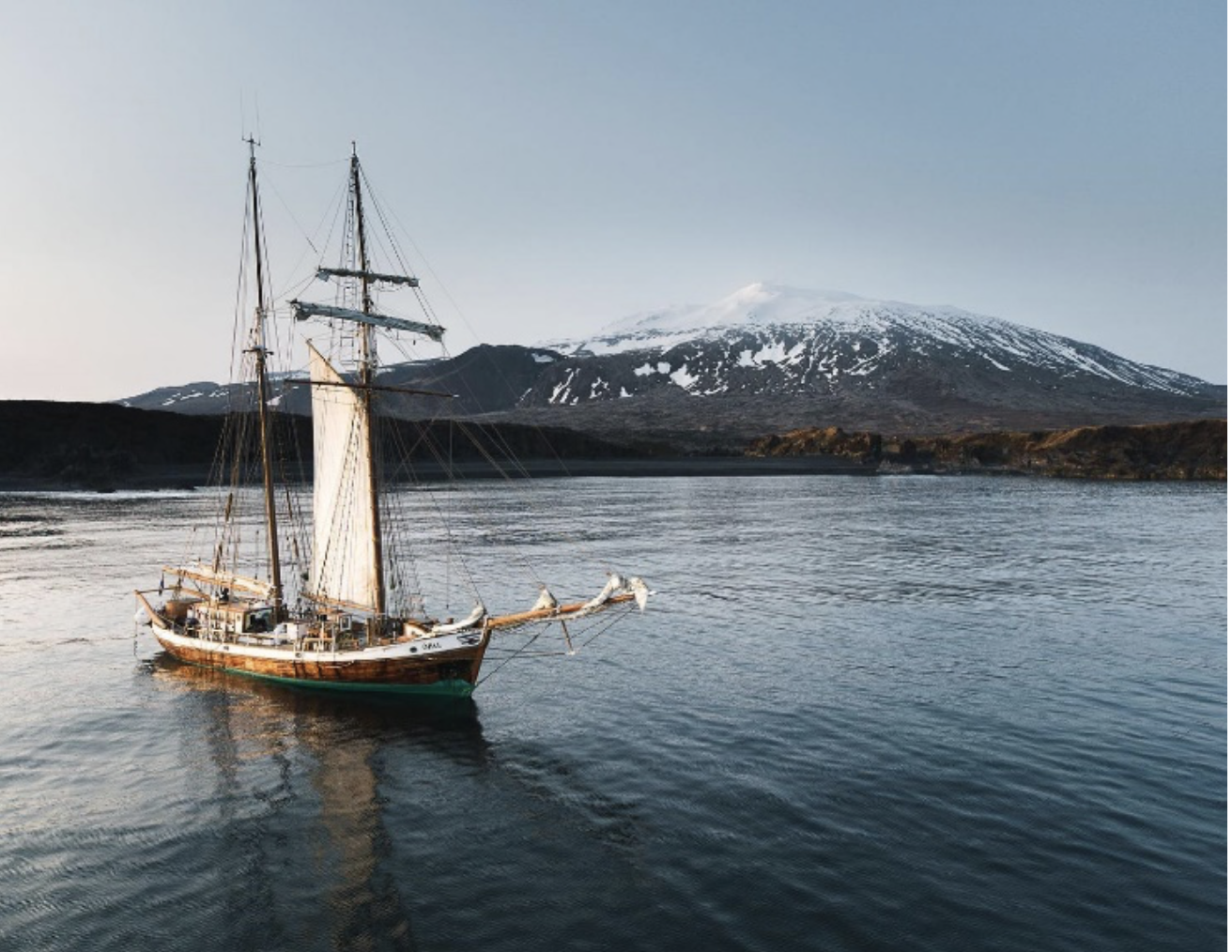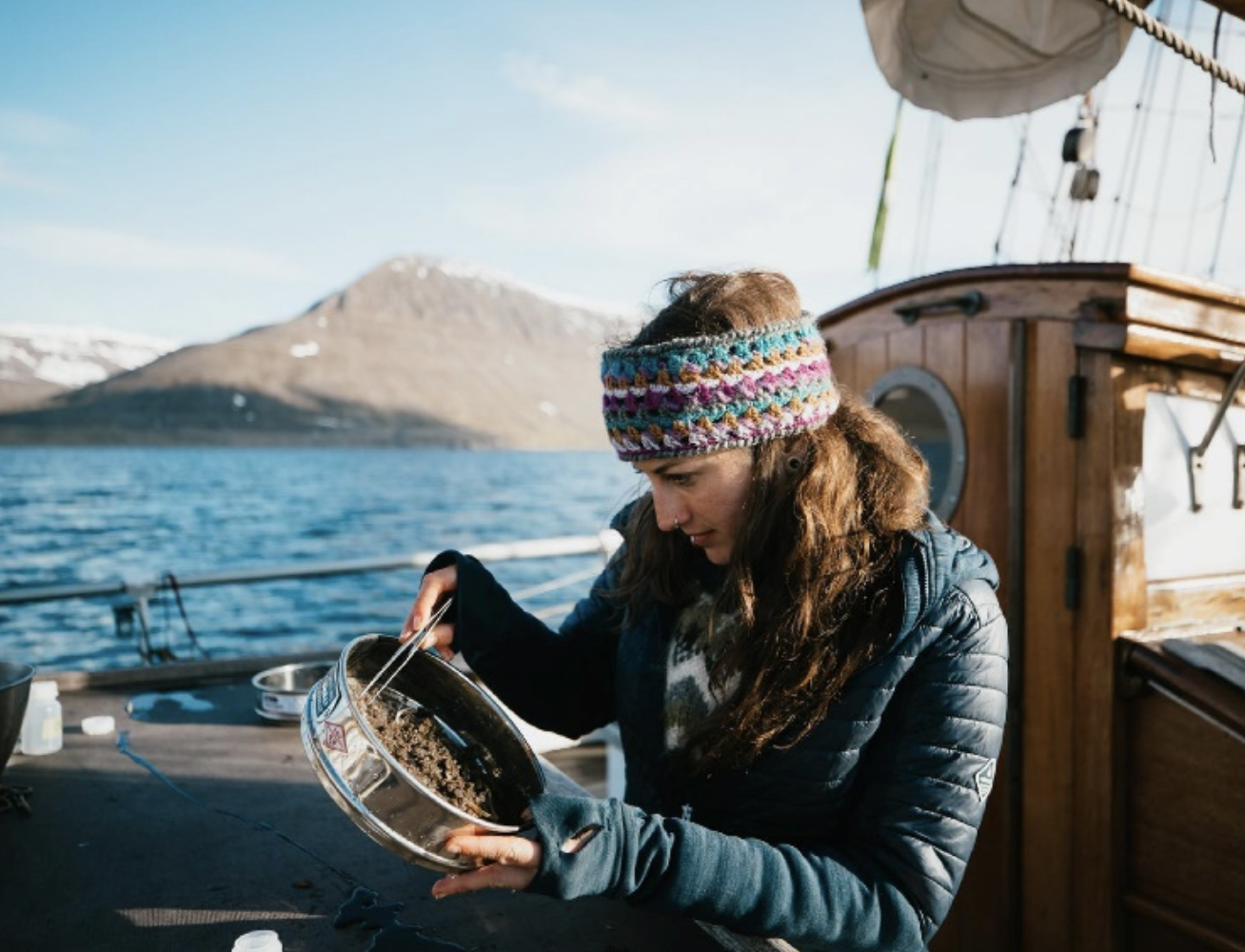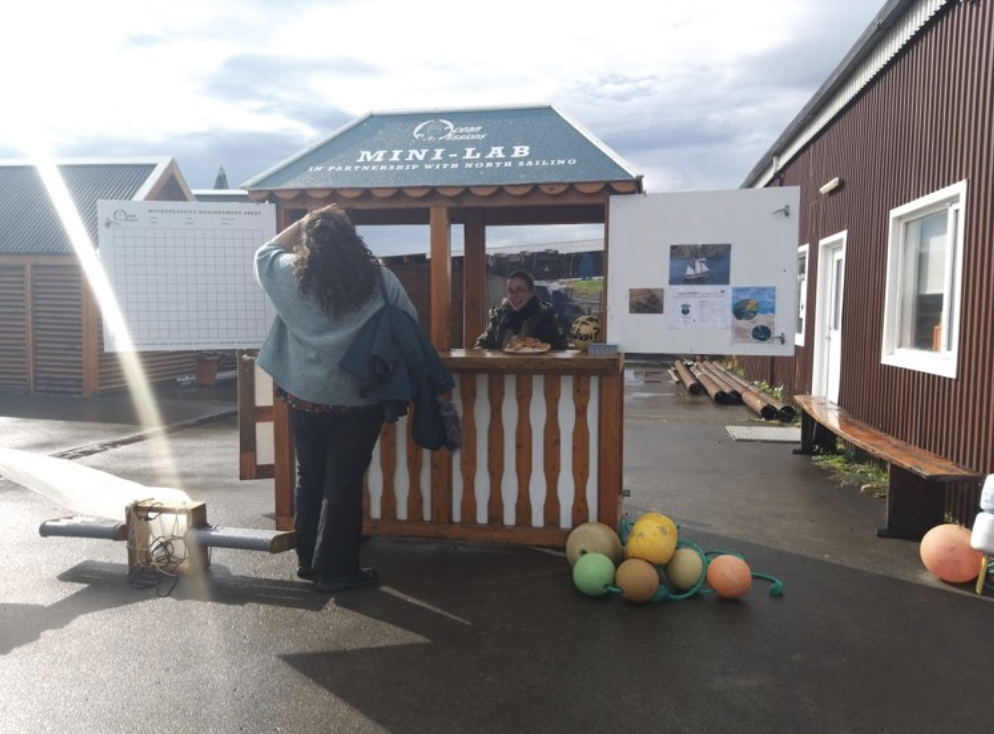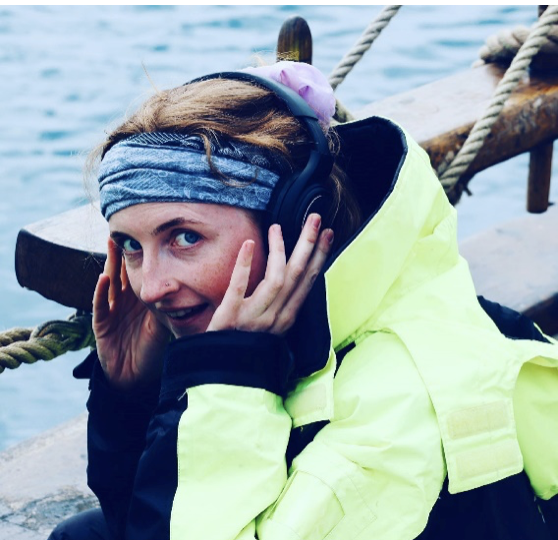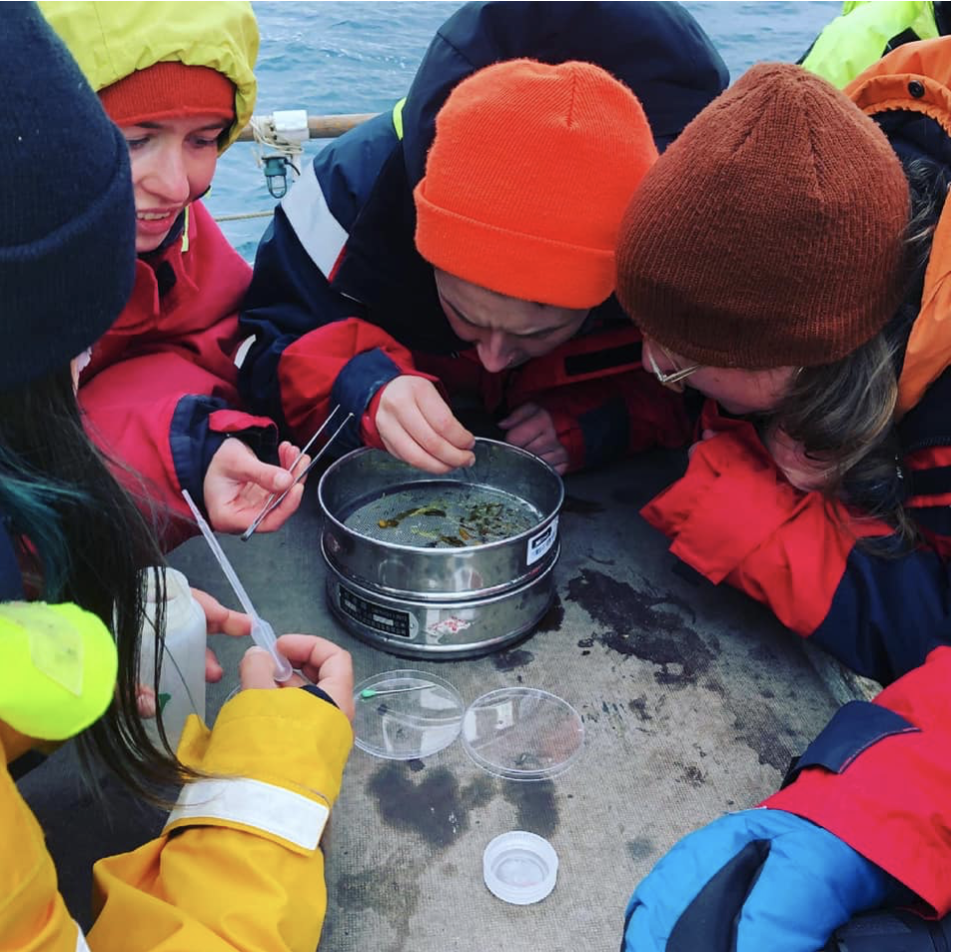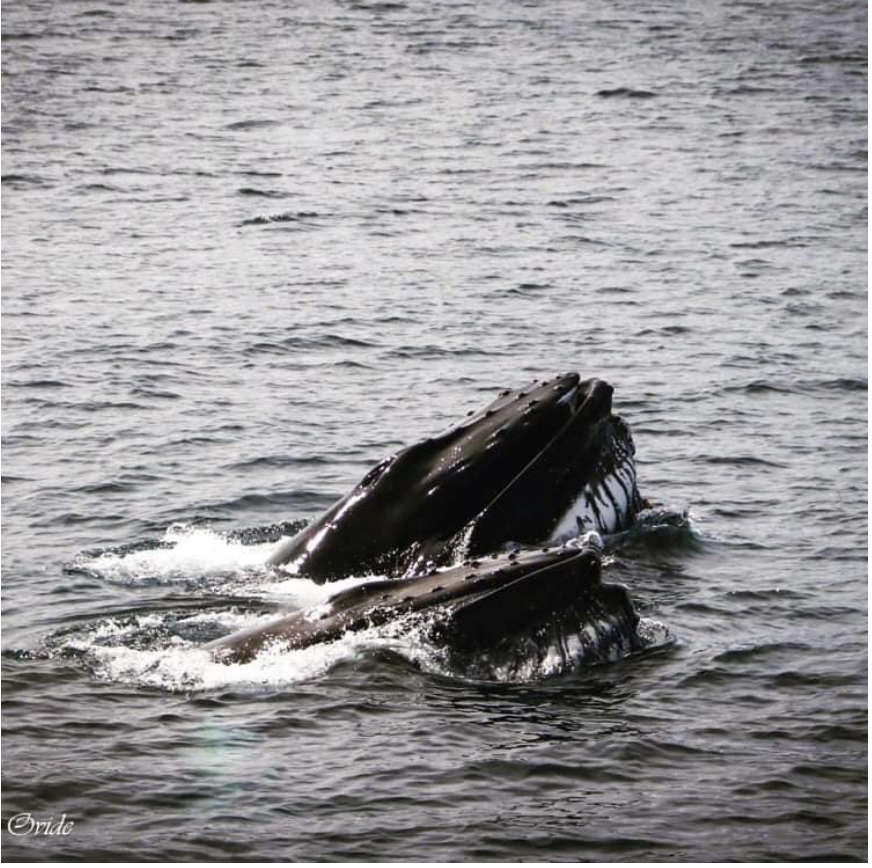Ocean Missions' 2021 round up: Advancing ocean conservation during a pandemic - Part I
By Belén Garcia Ovide, Safina Center Launchpad Fellow
Take a month-by-month look at the range of exciting projects Ocean Missions has been involved in this year!
April
Support from the Development Fund in Iceland
Ocean Missions received support from the Development Fund in Iceland to arrange conservation courses dedicated to kids in Húsavík town. Another part of the project consists on advising on the internal marketing of local companies in order to improve their environmental policy towards sustainability goals.
May
Spring Ocean Missions Expedition
A journey with a clear purpose: “Keep alive what brings you life.“
Coinciding with the spring annual explosion of life at the Icelandic coast, Opal set sails from Húsavík, home for us and the whales. This time, we have a group of young enthusiastic women from different nationalities, and our friend Bill from USA, coming together to get inspired, to witness and learn about the problems that our oceans are facing, developing skills and making connections to work together to make a difference.
Many people travel to Iceland to shallow the unique nature and vast landscapes that this land can offer, but very few people has explored the wonders of the island from the ocean, which brings a whole new perspective on how we perceive things.
©Ocean Missions
First Ocean Missions Volunteers for summer 2021
Ocean Missions established two volunteer positions in summer 2021. We are overwhelmed and full of excitement at the same time to receive many requests from motivated people that want to be part of Ocean Missions. Therefore, we decided to put “all hands-on deck” to work towards making these dreams come true. Today, thanks to the support of the University of Iceland’s Húsavík Research Centre, this has become a reality and we can’t wait to see you in action with us. This summer our volunteers Emma and Sofi will be helping us on achieving our environmental goals and all the local projects we are preparing for the summer!
Emma is an energetic sailor and environmentalist from Spain. Sofi is smart and very creative. She studying ecology at the University of Copenhagen and working at museology. She is doing her internship with us to finish her studies. Both are hard-working, wonderful people and really fun!
©Ocean Missions
©Ocean Missions
“Whales, Sails, and Science Tour” starts!
It is the first time that microplastic analyses have been carried-out at sea in Iceland. The data collected during Ocean Missions expeditions indicate so far that most of the particles (larger than 1millimeter in diameter) that we caught in our manta trawl are coming from fishing gear. These preliminary finding suggest that fishing activities could be as well an important source of microplastic pollution into the marine environment. This may increase the risk of ingestion by sea life on important feeding grounds for fish and whales as well as in nesting areas for sea birds. The results also indicate that the area in the Northeast closer to Húsavík is the most affected by microplastics.
For this reason, from 2021 we will start a more detailed microplastic study in the Húsavík Bay (Skjálfandi Bay).
Considering a strategic win-win approach, we have developed a project in collaboration with North Sailing and the University of Iceland. An open citizen science tour “Whales, Sails, and Science” that will reach the three main Ocean Missions goals: To educate, to gather scientific data and to help whale watching companies to emphasize their responsibility with nature.
We sail every Thursday evening at 18:30 with small groups on the beautiful hybrid electric schooner Ópal for three hours in Skjálfandi Bay. We look for whales, and teach traditional sailing techniques while immersing people in science by conducting our microplastic research on these important marine-animal feeding grounds. We want to study the microplastic pollution and relate it with zooplankton communities and whales present in the area.
This Ocean Missions initiative is a commercial tour offered by North Sailing in collaboration with Ocean Missions. For very ticket sold a percentage goes straight to the NGO.
©Ocean Missions
©Ocean Missions
©Ocean Missions
©Ocean Missions
©Ocean Missions
June
The MiniLab is ready!
Ocean Mission launches the official opening of the MiniLab! The MiniLab is an open educational platform at Húsavík harbour where people can visit , get to know us and engage on what we are doing. People can have a look through the microscope to see the what we collect in our manta trawl, including exciting speciments of zooplankton and microplastics and learn about ocean science in Skjálfandi Bay. Furthermore, people can sign petitions and fill out surveys, get information about clean ups and other events, sign up for expeditions or make donations.
©Ocean Missions
©Ocean Missions
©Ocean Missions
Monthly coastal clean-ups
We start to arrange organized clean ups with volunteers around Húsavík area. We aim to arrange one clean up per month with the help of volunteers and locals. The North East of Iceland accounts with some of the largest bird colonies in the whole country. Thus, baleen whales come to feed to Skjálfandi Bay and nearby areas due to its productive and rich waters. We want to keep the coast lines free of trash that may cause risk of entanglements or ingestion by seabirds. We account with the support of Nordurthing (Húsavík municipality) that pays for the trash fee once we bring it to the recycling center. During the clean ups we take scientific data using standardized OSPAR protocols. Using these methods we can compare data with other areas, contribute to the existing knowledge and update data bases. We aim to create a national network where representatives of Ocean Missions (schools, organizations and other groups) can organize clean ups at the same time in different locations to sum up efforts and data collection.
Proud to teach and inspire during the Marine Mammal Course!
Every year in June, a wonderful Marine Mammal Course takes places in Iceland’s whale-watching capital, Húsavík, we’re we are based. This year we had the chance to take the students out at sea to teach them about the micro plastic pollution and the marine acoustics at sea ! During these days they are analyzing data and preparing mini projects that will be presented at the Húsavík Whale Museum.
We could test the underwater noise from different whale watching vessels including Opal ( which is driven by batteries) using a sound trap (hydrophone). We could approach to big humpback whales that were actively feeding and prove that they are normally silent when they feed in Iceland! Whereas in their breeding grounds (Caribbean) the males can sing beautiful songs during the mating season. Some other students decided to team up with us and arrange surveys for the ocean users to gain insights in the community on how important is from their perspective to protect whales and dolphins in Skjalfandi bay, in order to aim for protected areas in the future. Definitely, a productive week with many interesting things going on! Undoubtedly, Húsavík is an excellent place for responsible tourism, education, science and conservation! And that’s why we are in love with this place
©Ocean Missions
©Ocean Missions
©Ocean Missions
Read Part II, coming soon, for more updates from Iceland!


